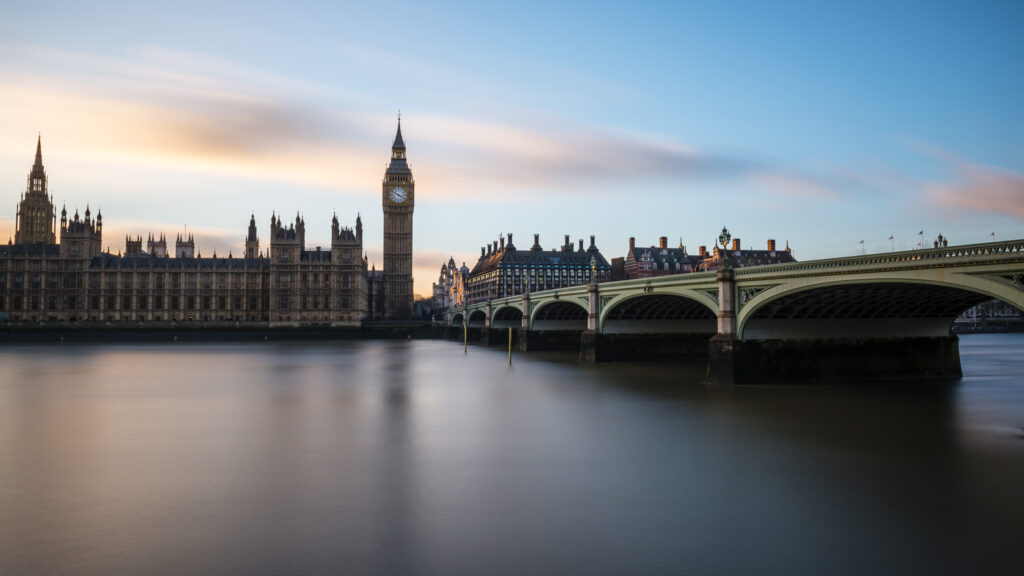This week’s Queen’s Speech should include an Energy Bill focused on securing low carbon investment, delivering value to energy consumers and establishing a low carbon governance framework.
Ahead of tomorrow’s (10 May) speech, Energy UK has called for the inclusion of such a Bill that would drive forward the creation of a modern, flexible low carbon energy system, which can deliver value for customers.
The trade body pointed to how there has been no major energy legislation since 2013, with a new Bill required to put in place the necessary framework and powers to deliver on commitments to create a low carbon power system by 2035 and support the transition to a net zero economy by 2050.
This Bill should have three priorities, the first of which is securing low carbon investment and creating green jobs. This could be done through the expansion of new and developing technologies, such as carbon capture and storage (CCUS), hydrogen, storage and heat pumps.
It could be further supported by putting in place the necessary infrastructure, such as transmission and grid connections, to boost this expansion, and by moving policy costs off bills to encourage consumer adoption of new technologies, such as residential EV charging and heat pumps.
The government should also introduce a legal definition of energy storage and other approaches to using energy differently, which would encourage investment.
Ofgem has previously consulted on a formal definition of energy storage as a subset of generation in a move to end the double charging of storage, while in its Access SCR final decision it outlined how storage will be treated consistently with generation for charging purposes.
The second focus of a new Bill should be on delivering value to energy consumers through stronger regulations to improve energy efficiency in new and existing buildings, making them fit for the future by equipping them with smart meters, low carbon heating options and electric vehicle (EV) chargepoints.
Improvements to energy efficiency – called for by many in the industry – were largely absent from the government’s recent British Energy Security Strategy, which CCC director of analysis, Mike Thompson, at the time said was “disappointing”.
Meanwhile, as of this year, all new homes must have EV charging installed, as well as some buildings such as workplaces and supermarkets.
Current± also took a look at the role of smart meters in delivering energy security last month.
Energy UK added that there should be a removal of existing planning barriers to the deployment of EV charging and heat networks, giving them appropriate priority with regards to planning permissions and land access
The Bill should also address gaps in consumer protections in relation to heat networks and third-party intermediaries, as well as creating a sustainable stable retail market that can support customers through the adoption of new technologies.
Lastly, a new Bill should focus on establishing a low carbon governance framework so that government and regulatory bodies have the necessary powers and obligations to drive change quicker as part of a coordinated and comprehensive approach to meeting the 2050 net zero target.
This should also include introducing a Net Zero Test for all new energy policy, putting into legislation established targets such as the phase out of coal by 2024 and provide appropriate powers to the energy secretary to examine and review policies of other departments to assess their compatibility with net zero.
Dhara Vyas, Energy UK’s director of advocacy, said: “This country now has a raft of ambitious targets in place and the focus must now be on delivering these. We can only do this with a Bill that enables our sector to do what we need to do now and deliver on the full potential of the future energy system – so that progress isn’t being blocked by outdated legislation and regulations drawn up for a different time.
“A new Energy Bill should create a framework for a low carbon future. The energy industry is ready to deliver.”






